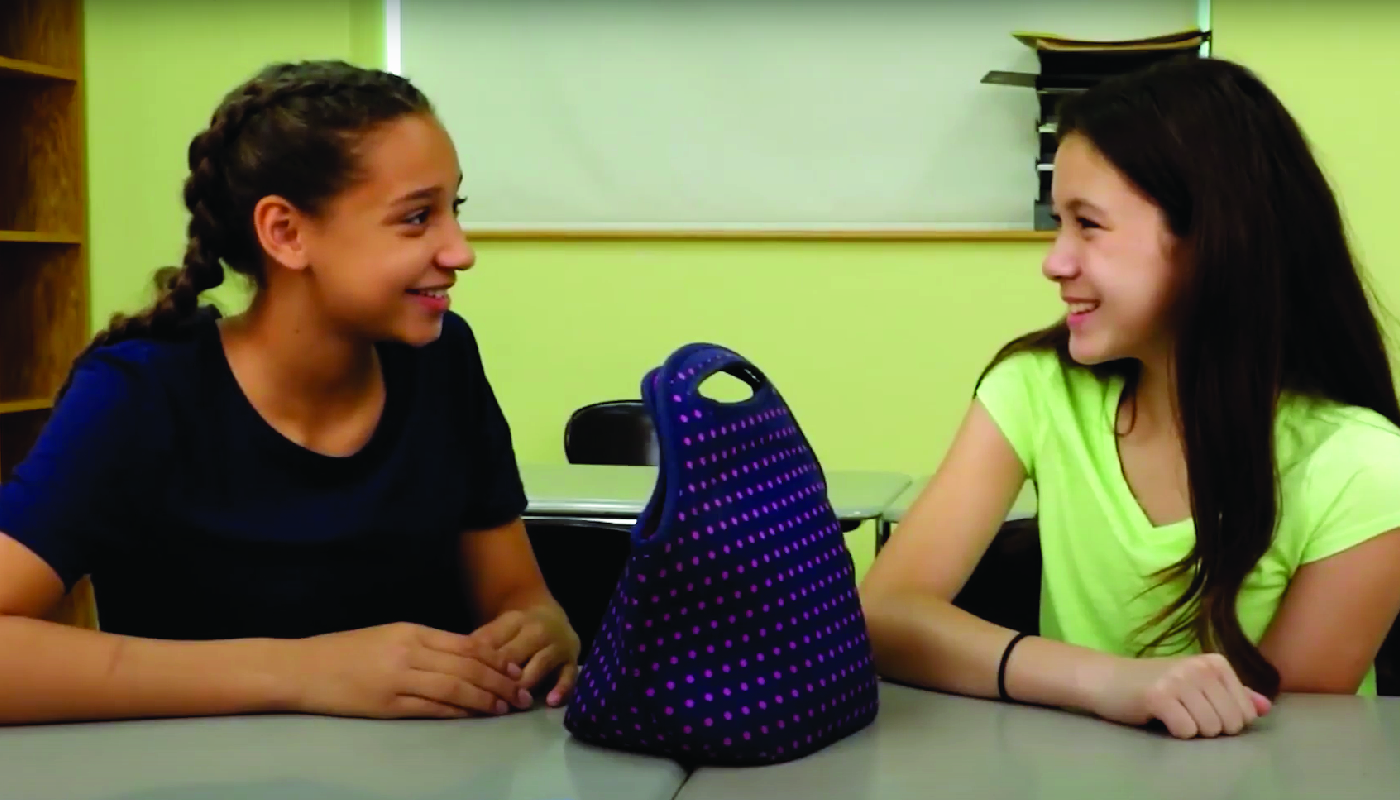
Introduction
Eye contact is a fundamental aspect of communication and social interaction. It plays a crucial role in building connections, showing interest, and demonstrating active listening. Elementary students can greatly benefit from understanding the importance of eye contact in their day-to-day interactions. This blog post will discuss the significance of eye contact, present a no-prep activity for educators, provide discussion questions, mention related skills, and offer next steps to explore more resources.
No-Prep Activity
This simple, no-prep activity can be conducted in the classroom with no additional materials required. The goal is to help students practice making eye contact while engaging in conversation.
- Divide students into pairs.
- Ask each pair to sit facing each other.
- Provide a general topic for discussion, such as hobbies, favorite books, or weekend plans.
- Give students 5 minutes to discuss the topic while emphasizing the importance of making eye contact during the conversation.
- After the activity, gather the class and ask them to share their experiences, focusing on how eye contact affected their conversation.
Discussion Questions
- Why is eye contact important when we are talking to someone?
- How do you feel when someone doesn’t make eye contact with you during a conversation?
- What are some reasons someone might not make eye contact when speaking or listening?
- How can we practice making eye contact in our daily lives?
- Can you think of a situation when making eye contact might be challenging? How can we overcome this challenge?
Related Skills
Practicing eye contact is just one aspect of effective communication and social-emotional learning. There are other related skills that can be developed to enhance students’ abilities to interact positively with others. Some of these skills include:
- Active listening
- Non-verbal communication
- Empathy and understanding others’ emotions
- Respecting personal boundaries
- Expressing thoughts and feelings appropriately
Next Steps
Helping students develop strong social-emotional skills is essential for their growth and success. If you’re interested in exploring more activities and resources to support the development of these skills, sign up for free samples of related materials at Everyday Speech. These resources can provide valuable tools and insights to help you guide your students on their social-emotional learning journey.

